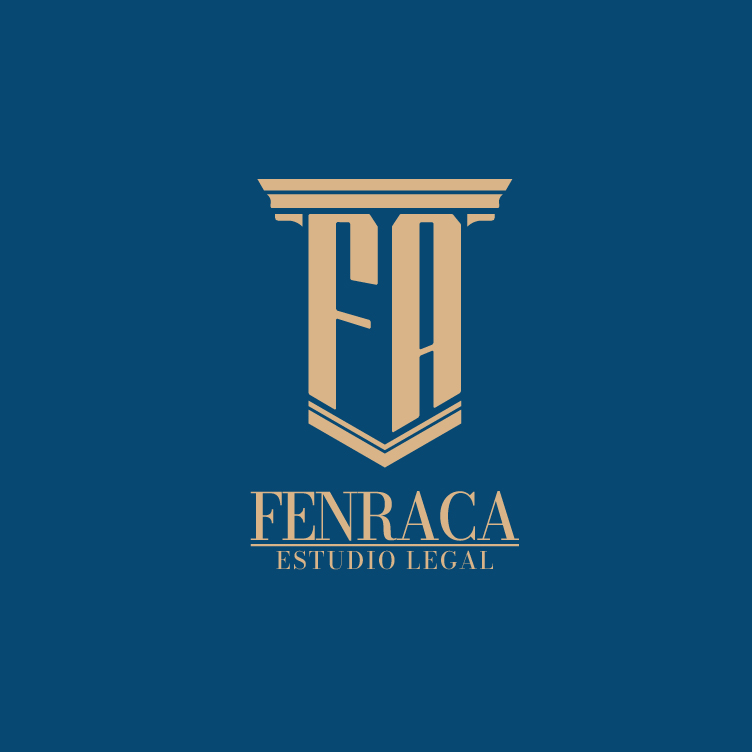Best Family Lawyers in Santo Domingo
Share your needs with us, get contacted by law firms.
Free. Takes 2 min.
Free Guide to Hiring a Family Lawyer
List of the best lawyers in Santo Domingo, Dominican Republic
About Family Law in Santo Domingo, Dominican Republic
Family law in Santo Domingo, Dominican Republic, is a complex and evolving field that addresses a wide range of issues related to familial relationships. It encompasses areas such as marriage, divorce, child custody, alimony, adoption, and domestic violence. The Dominican Republic's legal system is influenced by the Civil Code, which provides a statutory framework for resolving family-related disputes. However, given the complexities of personal relationships and the potential for conflict, family law often requires a nuanced understanding of both legal statutes and social norms.
Why You May Need a Lawyer
There are several situations in which individuals may find it beneficial to seek legal advice in the field of family law:
- Divorce or Separation: Navigating the legal dissolution of a marriage can be complex, especially concerning asset division and child custody arrangements.
- Child Custody and Support: Disputes over child custody and support payments can arise during divorce or separation, requiring legal intervention to ensure the best interests of the child are met.
- Domestic Violence: Victims of domestic violence may need legal protection through restraining orders or other court interventions.
- Adoption: The legal process of adoption involves significant documentation and adherence to legal guidelines, where a lawyer can provide invaluable assistance.
- Marriage and Prenuptials: Legal advice can be crucial in drafting prenuptial agreements or understanding marital rights.
- Inheritance and Estates: Family lawyers can help with wills, estates, and inheritance disputes to ensure legal compliance.
Local Laws Overview
Understanding local family laws in Santo Domingo is critical for successfully navigating legal processes. Key aspects include:
- Marriage Laws: In the Dominican Republic, civil marriage is the only legally recognized form of marriage. Religious ceremonies do not hold legal status unless accompanied by a civil ceremony.
- Divorce Regulations: Divorce in the Dominican Republic can be granted on neutral terms (mutual consent) or for cause (fault). The process and requirements can vary significantly based on the divorce type.
- Child Custody and Support: The best interests of the child are paramount in custody and support cases. Legal systems favor joint custody but consider various factors to determine arrangements.
- Domestic Violence Protections: Laws have been enacted to protect victims of domestic violence, including restraining orders and legal recourse through family courts.
- Adoption Procedures: Adoption is a legal process that requires compliance with both Dominican law and possibly international standards if dealing with cross-border cases.
Frequently Asked Questions
What are the requirements for getting married in the Dominican Republic?
Both parties must present valid identification, a sworn statement certifying marital status, and witnesses. Non-residents may also need an affidavit certifying single status, legalized and translated into Spanish.
Can foreigners get divorced in the Dominican Republic?
Foreigners can divorce in the Dominican Republic if they meet certain criteria, such as proof of residency or if the marriage took place there. Some international divorces may require additional steps to ensure validity abroad.
How is child custody determined?
Court decisions on child custody prioritize the best interests of the child, considering factors like parental capability, the child's environment, and the child's own preferences if they are of suitable age to express them.
What legal steps can be taken if I experience domestic violence?
Victims can seek legal protection through restraining orders and file a criminal complaint. Support services and shelters are also available to provide assistance and safety.
How do I initiate an adoption process?
Adoption involves submitting an application demonstrating suitability as a parent, undergoing home studies, and complying with legal prerequisites. The process can vary based on domestic vs. international adoption.
Is there legal support available for grandparents seeking custody?
Grandparents may seek custody if it's in the child's best interest, especially in situations where parents are deemed unfit or unavailable. Legal proceedings will be necessary to establish this formally.
Are same-sex marriages recognized in the Dominican Republic?
As of the latest legal terms, same-sex marriages are not legally recognized in the Dominican Republic. Legislative changes and advocacy continue in this area.
What is the procedure for obtaining child support?
Child support can be obtained through a court order. The amount is typically determined based on the needs of the child and the financial capacity of the parent required to pay support.
Do prenuptial agreements hold legal weight?
Yes, prenuptial agreements are legally recognized if properly executed, involving full disclosure and mutual agreement. Legal advice is recommended for drafting and execution.
Can a marriage be annulled? What are the grounds?
Annulment is possible in specific cases such as fraud, duress, mental incapacity, or situations where the marriage was never legally valid. Legal processes are necessary to obtain an annulment.
Additional Resources
Individuals seeking further assistance can contact the following organizations:
- Procuraduría General de la República: Offers services for victims of domestic violence and family-related legal advice.
- Defensoría del Pueblo: Provides protection of citizens' rights, including family law disputes.
- Comisión de Justicia y Género: Works to protect the rights and well-being of women and families.
- Family Law Clinics: Universities and non-profit organizations may offer legal clinics providing advice and services in family law cases.
Next Steps
If you require legal assistance in family matters, consider the following actions:
- Consult with a Family Lawyer: Seek legal advice tailored to your situation by consulting with a family law attorney experienced in Dominican regulations.
- Gather Documentation: Organize all relevant documents, such as marriage certificates, financial records, and any correspondence related to your issue.
- Explore Mediation Services: Mediation can be an alternative to court proceedings, aiming to resolve disputes amicably.
- Contact Support Services: For urgent matters like domestic violence, seek immediate help from social services and shelters for safety and support.
Taking informed steps can significantly influence the outcome of your case and ensure your interests are protected in line with the law.
Lawzana helps you find the best lawyers and law firms in Santo Domingo through a curated and pre-screened list of qualified legal professionals. Our platform offers rankings and detailed profiles of attorneys and law firms, allowing you to compare based on practice areas, including Family, experience, and client feedback.
Each profile includes a description of the firm's areas of practice, client reviews, team members and partners, year of establishment, spoken languages, office locations, contact information, social media presence, and any published articles or resources. Most firms on our platform speak English and are experienced in both local and international legal matters.
Get a quote from top-rated law firms in Santo Domingo, Dominican Republic — quickly, securely, and without unnecessary hassle.
Disclaimer:
The information provided on this page is for general informational purposes only and does not constitute legal advice. While we strive to ensure the accuracy and relevance of the content, legal information may change over time, and interpretations of the law can vary. You should always consult with a qualified legal professional for advice specific to your situation.
We disclaim all liability for actions taken or not taken based on the content of this page. If you believe any information is incorrect or outdated, please contact us, and we will review and update it where appropriate.
Browse family law firms by service in Santo Domingo, Dominican Republic
Santo Domingo, Dominican Republic Attorneys in related practice areas.















